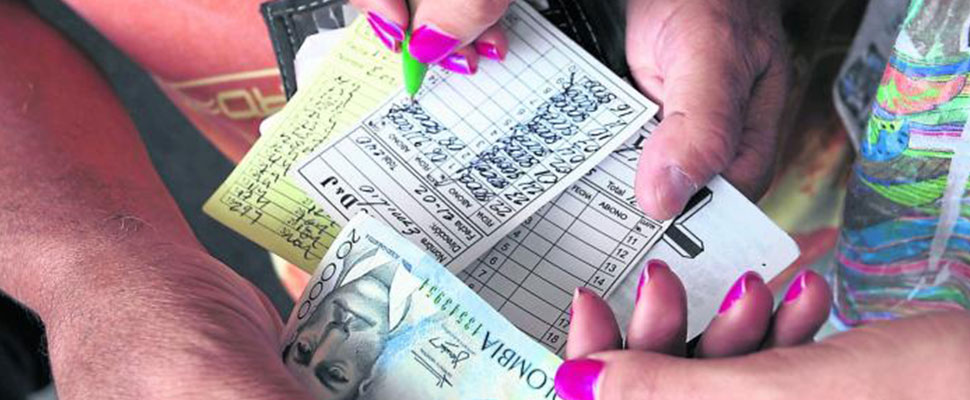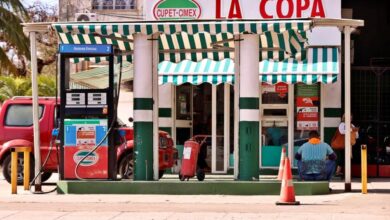Informal loan business hide money laundering and drug trafficking
This type of loan has been extended in several Latin American countries. What is behind it and how does it affect people's economy and on a large scale?

The 'drop by drop' (‘gota a gota’) loans may seem like the easiest way to get money fast, without the requirements or the time involved in borrowing from the bank. The moneylenders claim to lend the amount of money requested in two hours, no matter how much it is and charging each day for small payments. Under those comfortable and apparently harmless premises those affected fall, without knowing that what is hidden behind are criminal gangs that move millions of dollars charging excessive interest.
Leer en español: ¡No se deje engañar! Detrás del 'gota a gota' se esconden lavados de activos y narcotráfico
These profits only compare to the money made from the drug trafficking. In fact, the relationship between these loans and drug trafficking has been another important factor in their regulation. According to Peru21, when the 'drop by drop' began to be common in that country, the Iquitos police in Peru said that there is a money laundering behind and that the large amounts of money come from Colombian drug trafficking.
The creation of this illegal loan modality is attributed to Colombia, the BBC explained, and in recent years it has spread to countries such as Mexico, Peru, Honduras and Bolivia. According to La República, when the Colombian authorities began to control this business, the bands moved to other countries in Latin America where the practice was not known and, therefore, there was no regulation. This was explained by Jorge Mejía, former head of the Anti-kidnapping Division of Peru.
An informal business that can move up millions of dollars per year
Although being an informal business the 'drop by drop' does not have exact figures of the profits it generates, thanks to the regulation that has been made in recent years it has been possible to realize about the magnitude of this business and the large amounts of money that moves. It is known from testimonies of those affected that the loans can reach up to 30,000 dollars, according to El Portafolio.
The Federal Police of Mexico affirmed that a small network with around 70 collectors can invoice 5.2 million dollars annually. According to Martin Schrimpff, co-founder of Lineru, a 'fintech' of credits, it is estimated that in Colombia it can move up to 650 million dollars per year.
You can also read: Mothers by force: What women from El Salvador suffer due to gangs
A challenge for the authorities
The affected countries have taken measures against this modality. This is because, in addition to the large-scale illegal problem related to money laundering and drug trafficking, there are constant complaints from those affected that include death threats, theft of their merchandise, property losses and even physical aggression and homicide.
The Colombian National Police has campaigned among the citizens to warn of the dangers of these loans and to remember them that it is an illegal modality that is not regulated by any State agency. In 2016, the Peruvian Ministry created the "Do not lend your life" ("No prestes tu vida") campaign after this illegal activity was registered in 97 cities.
For its part, Mexico has paid great attention to this illegal business that has expanded throughout the nation. Last year, an event was held in the Mexican state of Puebla, where the business of 'drop-by-drop' loans was part of the topics discussed in the framework of the Latin American Prosecutors' Summit (Cumbre de Procuradores y Fiscales de América Latina).
However, despite the control of the authorities of the affected countries, 'drop by drop' loans are still popular among the poor and especially among merchants. Therefore, it is necessary to implement more regulations that prevent its expansion.
LatinAmerican Post | María Fernanda Barinas Ortiz
Translated from "No se deje engañar: Detrás del 'gota a gota' se esconden lavados de activos y narcotráfico"




